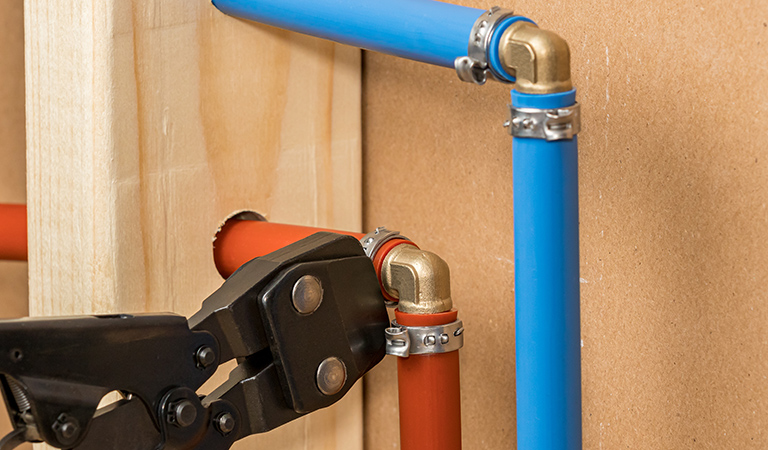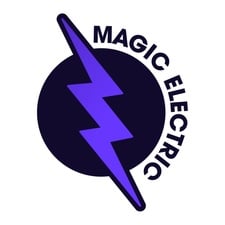
Get matched with top gas log pros in Postville, IA
Enter your ZIP and get matched with up to 5 pros
Need a pro for your gas log service project in Postville, IA?
Verified Reviews for Gas Log Service pros in Postville, IA
*The Angi rating for Gas Log Service companies in Postville, IA is a rating based on verified reviews from our community of homeowners who have used these pros to meet their Gas Log Service needs.
*The HomeAdvisor rating for Gas Log Service companies in Postville, IA is a rating based on verified reviews from our community of homeowners who have used these pros to meet their Gas Log Service needs.
Last update on December 11, 2025
Find Gas log pros in Postville
No results for Gas log pro in
Try adjusting your search criteria.The homeowners guide to home care is here
From average costs to expert advice, get all the answers you need to get your job done.

Under the sink, behind the tub, or through the walls—pipe replacement costs for small projects run the gamut. Here's what to know.

Everyone can relate to having toilet issues—we’ve all been there. There are several reasons why your toilet might need repairs, and the cost varies based on the damage.

A burst pipe is a homeowner’s worst nightmare—but you can get ahead of the potential expense. This guide will help you budget for burst pipe repair costs.

Discover the average plumbing stack replacement cost, key price factors, and expert tips to help you budget for your home’s plumbing upgrade.

Read how to properly vent your toilet, sink, and shower and learn the importance of effective plumbing ventilation to ensure a well-functioning and odor-free bathroom.

There are a few plumbing terms that everyone needs to know. Using this informative guide, you’ll learn plumbing terms like flapper and shut-off valve to help you tackle both emergencies and everyday annoyances.
- Windows in Postville
- Tree Service in Postville
- Deck Maintenance in Postville
- Garage Doors in Postville
- Sunroom And Patio Remodeling in Postville
- Insulation in Postville
- Pressure Washing in Postville
- Carpet Cleaning in Postville
- Lawn Fertilization And Treatment in Postville
- Plumbing in Postville
- Lawn And Yard Work in Postville
- Mulch And Topsoil in Postville
- Garage Builders in Postville
- Landscaping in Postville
- Fencing in Postville
- Welding in Postville
- Drywall in Postville
- Roofing in Postville
- Plumbing in Postville
- Tree Service in Postville
- Kitchen And Bath Remodeling in Postville
- Electrical in Postville
- Fencing in Postville
- Lawn And Yard Work in Postville
- Concrete Repair in Postville
- Siding in Postville
- Windows in Postville
- Flooring in Postville
- Foundation Repair in Postville
- Pressure Washing in Postville
- 🌱 "Mow a small front yard"
- 🛠 "Fix a leaking pipe under the sink"
- 🏠 "Repair shingles on an asphalt roof"



